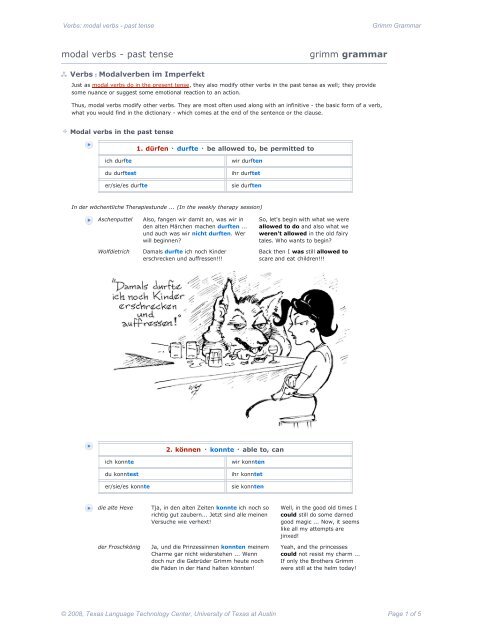

Negative statement: I did not listen (I didn't listen), he did not listen (he didn't listen) Positive statement: I listened, he listened It is the same for all persons, singular and plural. We add -ed to the base form of a verb to make regular past simple forms: work - worked, jump - jumped. Past simple and continuous PDF rules Past simple Regular and irregular verbs, negative forms and questions (three exercises).Correct the information in the general knowledge.


Complete sentences with regular and irregular verbs.Past simple passive exercises PDF Online exercises with answers I _ (cannot) stay in bed late, because it was Monday and I had to go to school again. They _ (start) to play together in Liverpool in 1960. The Beatles were formed in London in 1960.Did your students their homework? or Did your students do their homework?.Samuel, I hear you _ eighteen years old last week.Our holiday in the Caribbean _ a fortune.ī: Not really. How are you doing? Yesterday I _ (do) my homework, _ (tidy) my bedroom and _ (decide) to go out. I thought I saw Adnan this morning but it couldn't have been him – he's in Greece this week.ĭo this exercise to test your grammar again.PDF book 1: English grammar exercises PDFįree PDF exercises with answers to download. We use can't have and couldn't have + past participle when we think it's not possible that something happened. Could have is also possible in this context but less common. Police think the suspect may have left the country using a fake passport. I think I might have left the air conditioning on. We can use might have or may have + past participle when we think it's possible that something happened. The door was locked and nothing was broken. Who told the newspapers about the prime minister's plans? It must have been someone close to him. We use must have + past participle when we feel sure about what happened. This page focuses on making deductions about the past. The modal verb we choose shows how certain we are about the possibility. We can use modal verbs for deduction – guessing if something is true using the available information. Modals – deduction (past): Grammar test 1 How did she fail that exam? She can't have studied very much. We don't know for sure that Alex broke the coffee table. Look at these examples to see how must, might, may, could, can't and couldn't are used in the past.Īn earthquake? That must have been terrifying!


 0 kommentar(er)
0 kommentar(er)
